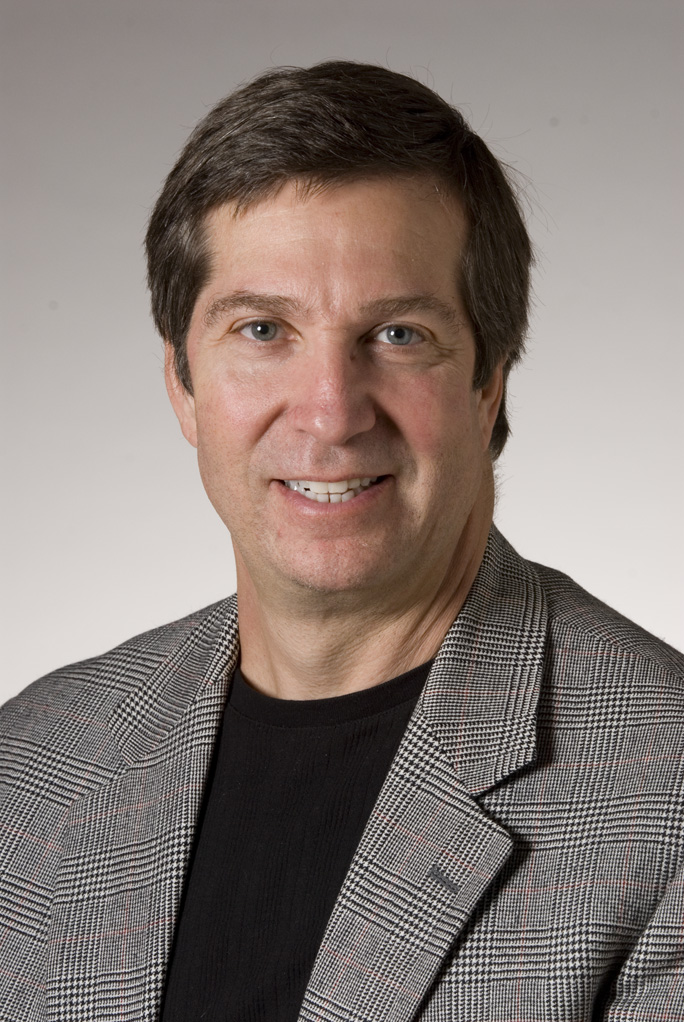
Jon Entine: The Chemical Industry’s Master Messenger
Jon Entine is highly active in current chemical industry policy debates. He portrays himself as a science journalist, an objective authority on issues important to the chemical industry. But the evidence shows that he is actually a longtime public relations operative with deep ties to the chemical industry. His work features the defense of GMOs, pesticides, industrial chemicals, fracking and nuclear power.
February 16, 2016 | Source: USRTK | by Gary Ruskin
Jon Entine is highly active in current chemical industry policy debates. He portrays himself as a science journalist, an objective authority on issues important to the chemical industry. But the evidence shows that he is actually a longtime public relations operative with deep ties to the chemical industry. His work features the defense of GMOs, pesticides, industrial chemicals, fracking and nuclear power.
Ties to Monsanto
Entine founded ESG MediaMetrics, a “sustainability” communications firm whose clients included Monsanto and the Vinyl Institute.
Entine is executive director of Genetic Literacy Project (GLP), which promotes GMOs and pesticides. It states that it is “funded by grants from non-partisan foundations” but does not disclose which ones, nor whether it receives funding from corporations, trade associations or other agrichemical industry interests.
In 2014, Entine and the Genetic Literacy Project partnered with a Monsanto-backed group, Academics Review, to sponsor the Biotechnology Literacy Project “boot camp” to teach scientists how to “best engage the GMO debate with a skeptical public.”
Faculty at the first boot camp included representatives from GMO manufacturers, food industry front groups and trade groups, and pro-GMO academics including University of Florida Professor Kevin Folta, and University of Illinois Professor Emeritus Bruce Chassy, both of whom have accepted undisclosed funding from Monsanto and promote the GMOs and pesticides that Monsanto sales rely upon.
The boot camp’s agenda notes that “independent scientists, who the public holds in great esteem, can play a unique role in reframing the food safety and GMO debate” and that the camp will provide scientists with the “tools and support resources necessary to effectively engage the media and appear as experts in legislative and local government hearings, and other policy making and related outreach opportunities.”
Entine conducted a similar boot camp to reframe the GMO debate for journalists and scientists in 2015.
Ties to Syngenta
The American Council on Science and Health (ACSH), a corporate front group funded in part by the agrichemical company Syngenta, published Entine’s 2011 book, “Scared to Death: How Chemophobia Threatens Public Health.” The book defends atrazine, a pesticide manufactured by Syngenta.
A 2012 Mother Jones article about Entine describes the circumstances leading up to the publication of the book. The article, by Tom Philpott, is based in part on internal company documents, obtained by the Center for Media and Democracy, describing Syngenta’s PR efforts to get third-party allies to spin media coverage of atrazine.
In one email from 2009, ACSH staff asked Syngenta for an additional $100,000 – “separate and distinct from general operating support Syngenta has been so generously providing over the years” – to produce an atrazine-friendly paper and “consumer-friendly booklet” to help educate media and scientists.
From a 2011 ACSH press release announcing Entine’s book:
“The American Council on Science and Health is pleased to announce a new book and companion friendly, abbreviated position paper … authored by Jon Entine, a scholar with the American Enterprise Institute and highly regarded science journalist … ACSH compiled this resource book and position to educate legislators, industry, media, consumers and parents on the actual risks of chemical exposure and use in everyday products.”
Entine denied any relationship with Syngenta and told Philpott he had “no idea” Syngenta was funding ACSH.
